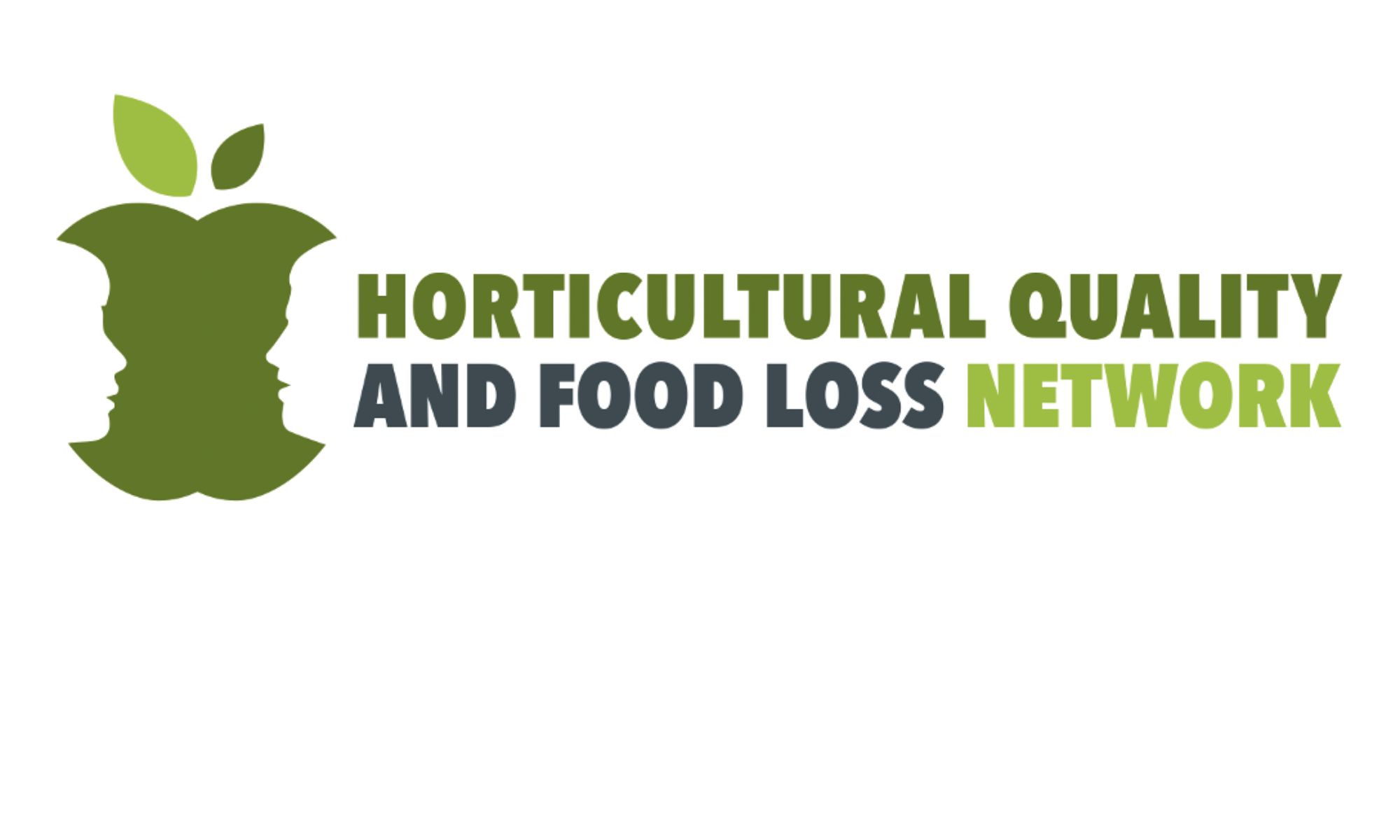As part of the Sustainable Development Goals (SDG), the UK has committed to reducing food losses and waste by half by 2030 (SDG 12.3). To help this be achieved, the UK needs to fully expand and coordinate a larger portion of its scientific human capital around maintaining quality and reducing food loss of horticultural products. UKRI-BBSRC have identified significant opportunities for science to reduce food losses in horticultural crops. These can be unlocked through enabling novel and enhanced connections between researchers across disciplines and with users of research such as businesses and policy makers.
The Aim of the proposed Quality and Food Loss Network for Horticulture is to act as the leading collective voice for the UK horticultural and postharvest community. By reinvigorating interest in tackling food loss through research, and promoting improved horticultural crop quality, the Network will achieve the following Objectives:
1. Coordinate, widen and inform community interactions across academic, business and other stakeholders
2. Attract a new cohort of early career researchers to address quality and food loss in horticulture, and provide funds to help engage new investigators with industrial partners
3. Commission a diversity of seed-corn research projects and other dissemination and knowledge exchange activities
4. Improve the submission rate of responsive mode applications related to quality and food loss to BBSRC and other UKRI funding bodies
5. Coordinate the activity of the network with other national bodies and networks
6. Pump-prime new collaborations between businesses and academics and help them develop research ideas through to business opportunities
The Network will be centred on delivering a highly effective, collaborative and sustainable horticultural research community in the UK. The network will be inclusive and take account of equality and diversity and be transparent in all its activities. The scope of the Network will focus on post-farm gate problems, with the recognition that the solution to these may require pre-farm gate intervention. Agronomic and breeding projects are therefore encouraged, so long as they are firmly focused on a post-farm gate issue connected to the prevention of food loss or improved crop quality at the point of its consumption. We are therefore inclusive of the entire supply chain, from breeders to retailer and consumer, but with a post-harvest focus.
